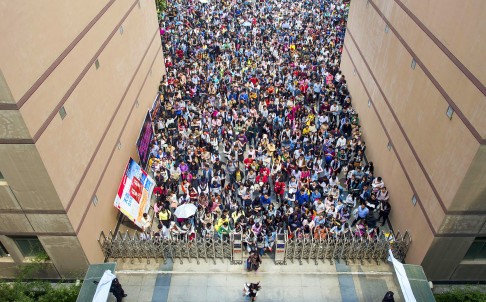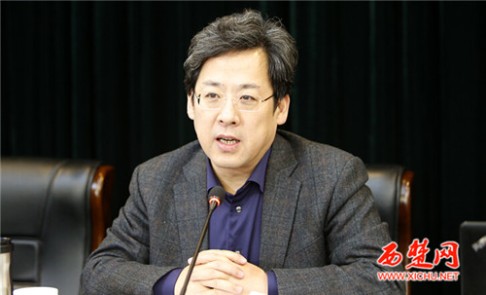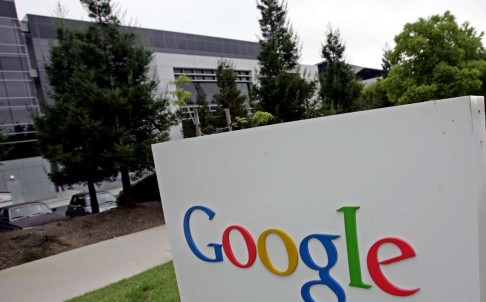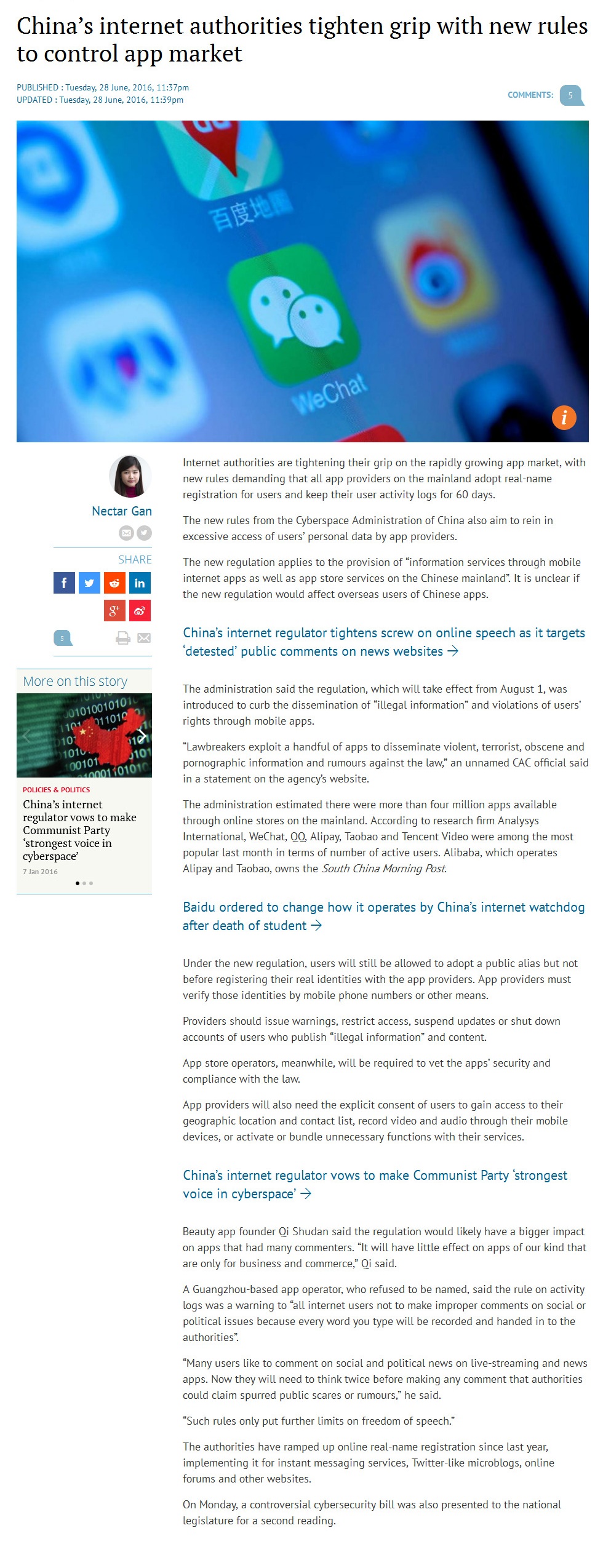569 reasons why red tape is so hard to cut in China
The huge amounts of cash to be made makes officials wary of central government initiatives to get rid of permits and licences, says cadre
PUBLISHED : Tuesday, 12 May, 2015, 4:16pm
UPDATED : Wednesday, 13 May, 2015, 3:57am
Li Jing and Nectar Gan

Hundreds of people queue up to take part in a civil servants entrance exam in Wuhan in central China last month. Suqian's mayor said officials in his area were responsible for 569 types of licence, permits and vocational qualifications. Photo: Reuters
A city mayor has given a grass-roots perspective of the huge amount of red tape on the mainland and why vested interests in local governments may block Premier Li Keqiang’s efforts to reduce bureaucracy.
The account was made public yesterday as Li repeated the central government’s pledge to streamline administration and cut regulatory approvals, saying it is essential to boosting jobs.
In a teleconference with senior and mid-ranking officials, Li took aim at “ridiculous” red tape with the example of one local government agency that demanded proof that a one-year-old child had no criminal record.
“This is not a joke. This is real,” a report on People’s Daily’s mobile app quoted Li as saying.
He cited another case of an entrepreneur who sold his property to set up a business but was disheartened by the registrations he had to obtain.
Even though the business environment had improved, administrative complexities meant the country still lagged some developing nations, Li said.
The public should be able to complete administrative processes online, he said, adding the government would cancel more items requiring regulatory approval, make business registration easier and waive unreasonable charges.
The premier’s call dovetailed with an official report on administrative reform written by Wang Tianqi , the mayor of Suqian in Jiangsu .

The mayor of Suqian, Wang Tianqi. Photo: Xichu.net
Wang said city and district governments in his area were responsible for granting 569 types of licences, permits and vocational qualifications. These even included qualifications for staff working in nail salons and barber shops. Most of the bureaucracy was set up in the 1990s and had never been revised, he wrote.
Wang said government departments generated huge amounts of cash by issuing the paperwork. In one case, Suqian’s meteorological bureau made over 10 million yuan (HK$12.5 million) two years ago helping with storm damage prevention.
Local governments were reluctant to lose this revenue. “You can’t bar a wolf with fences made of sausages,” Wang wrote.
Wang said the web of permits and approvals was hindering the economy. “It’s like putting shackles on a marathon runner. He won’t run fast no matter how many tonics he takes. The only way is to remove his shackles.”
Wang said one difficulty was that of the 569 permits and qualifications overseen in Suqian, at least 458 were authorised by the higher, provincial government. This meant the city needed provincial approval before it could scrap them.
Wang suggested stripping government departments of the power to award qualifications, instead of delegating the authority to lower levels of government.
He also suggested industries or professions should be given greater powers to regulate their own affairs, with reduced oversight from government.
Another way to cut red tape would be to make the government, rather than the applicant, bear the fees of the approval process, he said. If the process became a financial burden rather than a source of revenue, governments would be encouraged to cut any unnecessary red tape.












